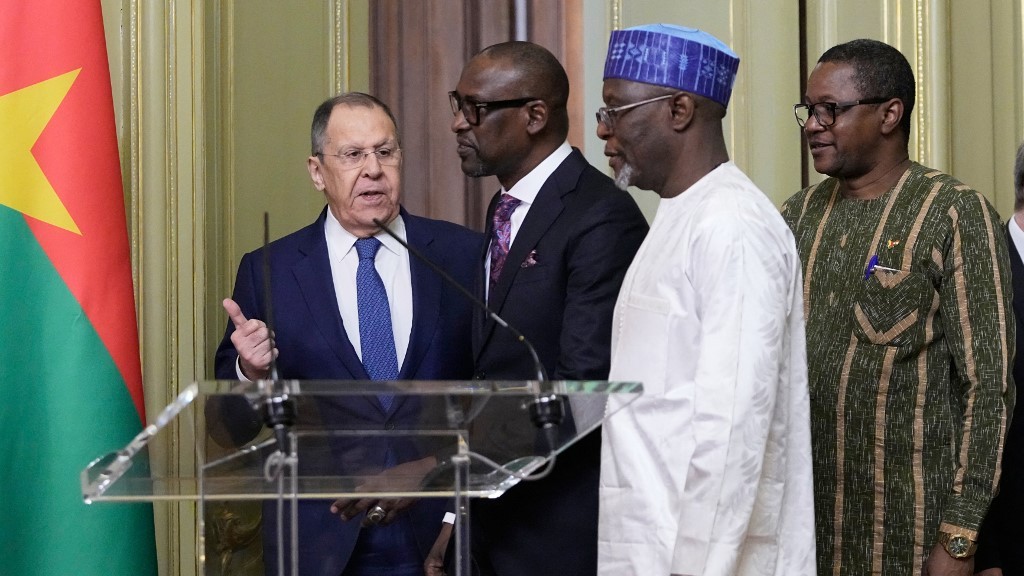Algerias Sahel neighbours withdraw ambassadors after shooting down of Malian drone

A number of Algeria's southern neighbours have withdrawn their ambassadors from Algiers after the North African country was accused of shooting down a Malian drone over Malian territory.
Algeria expressed its "dismay" at Mali, Niger and Burkina Faso for the move, denying the drone had been shot down over Malian territory, and recalled its own ambassadors from the countries.
Rejecting the "serious accusations" made by Mali, Algeria cited radar data from its Ministry of Defence which it said "clearly establish the violation of Algerian airspace" by a reconnaissance drone from Mali, “over a distance of 1.6 km".
The defence ministry also announced the immediate closure of Algerian airspace to all planes or aircraft "coming from or going to Mali". Bamako reciprocated by applying the same measure to Algeria.
This new diplomatic row began on 1 April, when a Malian army drone was shot down by the Algerian army over the border area of Tin Zaouatine.
New MEE newsletter: Jerusalem Dispatch
Sign up to get the latest insights and analysis on Israel-Palestine, alongside Turkey Unpacked and other MEE newsletters
A few hours after the operation, a statement from the Algerian Ministry of Defence explained that the aircraft had penetrated its airspace.
"This is not the first violation of Algerian airspace by a Malian drone, but rather the third in a few months," Algiers said.
According to Mali's government, led by the military since a double coup in 2020 and 2021, the drone wreckage was located 9.5km south of its northern border with Algeria.
Following its investigation, Bamako "concluded with absolute certainty that the drone was destroyed after a premeditated hostile action by the Algerian regime".
Simmering tensions
The Malian government also announced its immediate withdrawal from the Algeria-based Joint Military Staff Committee (CEMOC) - a counterterrorism alliance of Sahelian armed forces - and a complaint to international bodies "for acts of aggression".
In its statement, Algeria stated that the "false allegations" coming from Bamako "only very imperfectly conceal the search for outlets and diversions from the manifest failure of a putschist project that has trapped Mali in a spiral of insecurity, instability, desolation and destitution."
Tensions between Algeria and its neighbours have flared in recent years, with Algeria's government accused of turning a blind eye to armed groups operating in the Sahel.
Mali has faced repeated activity by groups such as the Islamic State and al-Qaeda as well as criminal gangs on its territory.
The country said Algiers maintained "proximity to terrorist groups," particularly in the border region, where last July the Malian army, backed up by Russian forces, suffered heavy losses against a largely Tuareg rebellion.
In January 2024, Mali announced the "end, with immediate effect," of the Algiers Peace Agreement, signed in 2015, which ended the long-running war in Mali.
They cited hostility from Algeria and the failure of other factions to stick to the terms of the agreement.
Since taking power in 2020, the junta has also broken its former alliance with France and Europe to turn towards Russia, and has expelled the United Nations Stabilisation Mission (MINUSMA).
middleeasteye.net